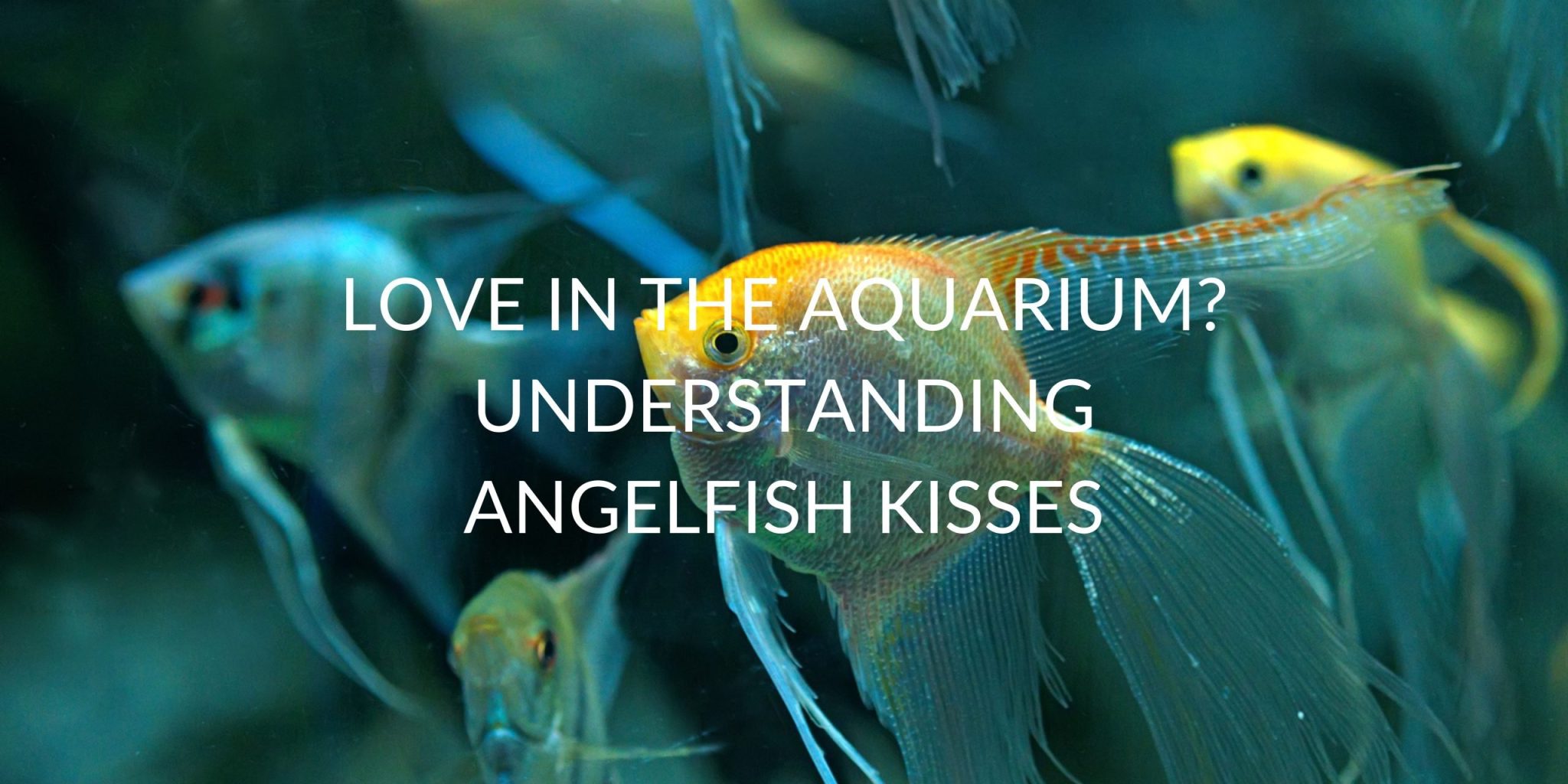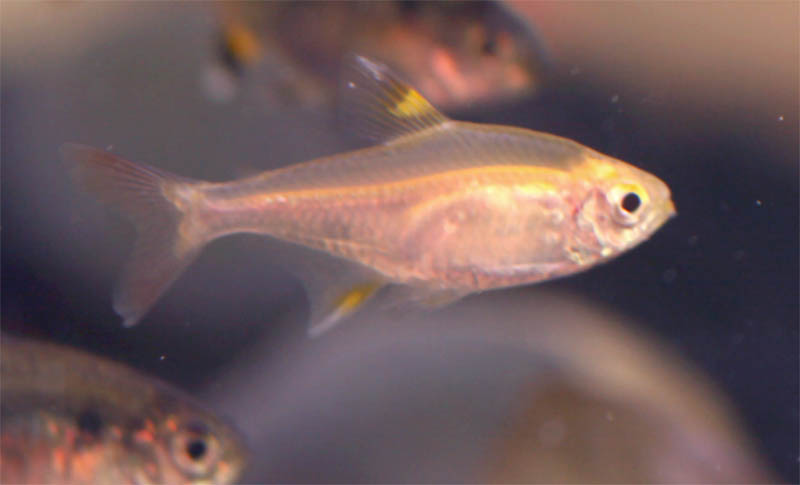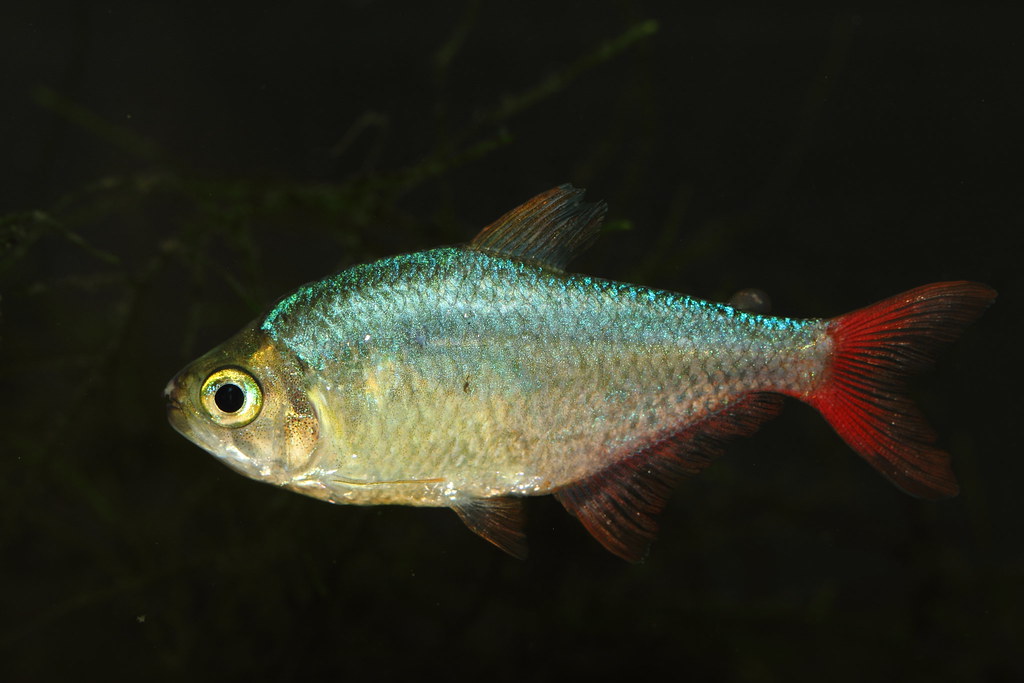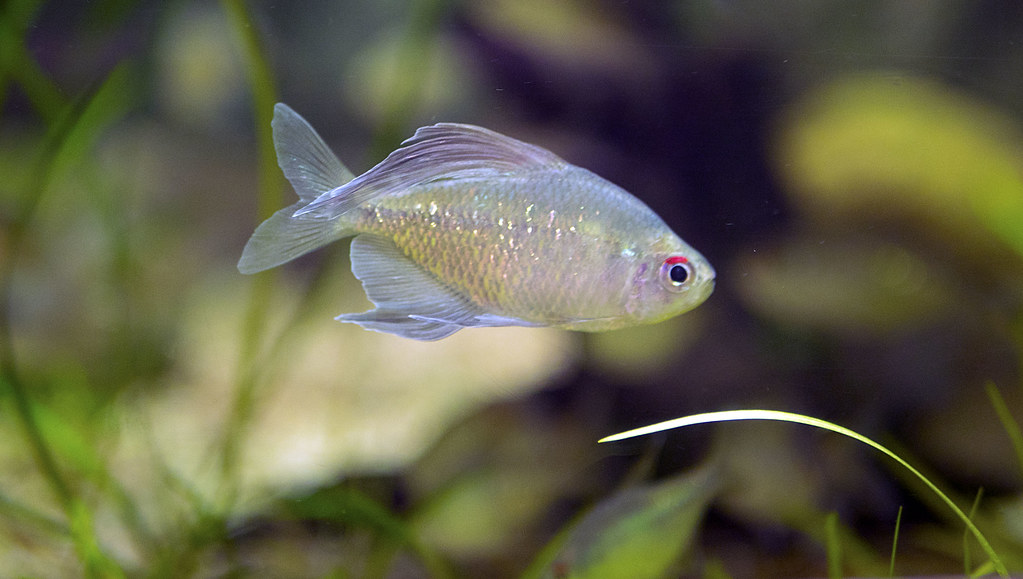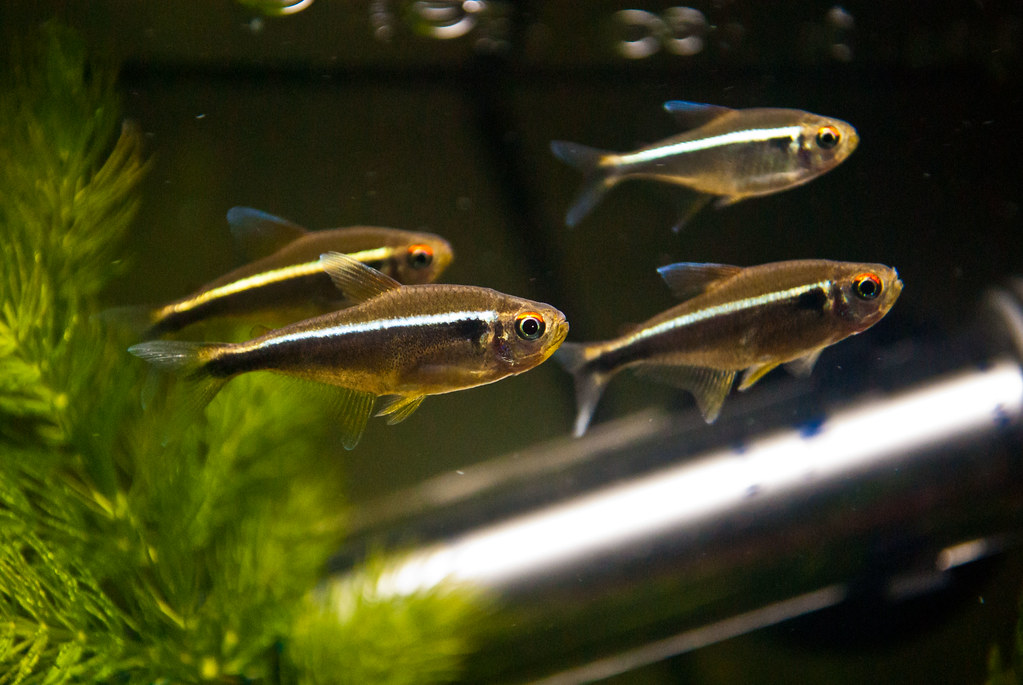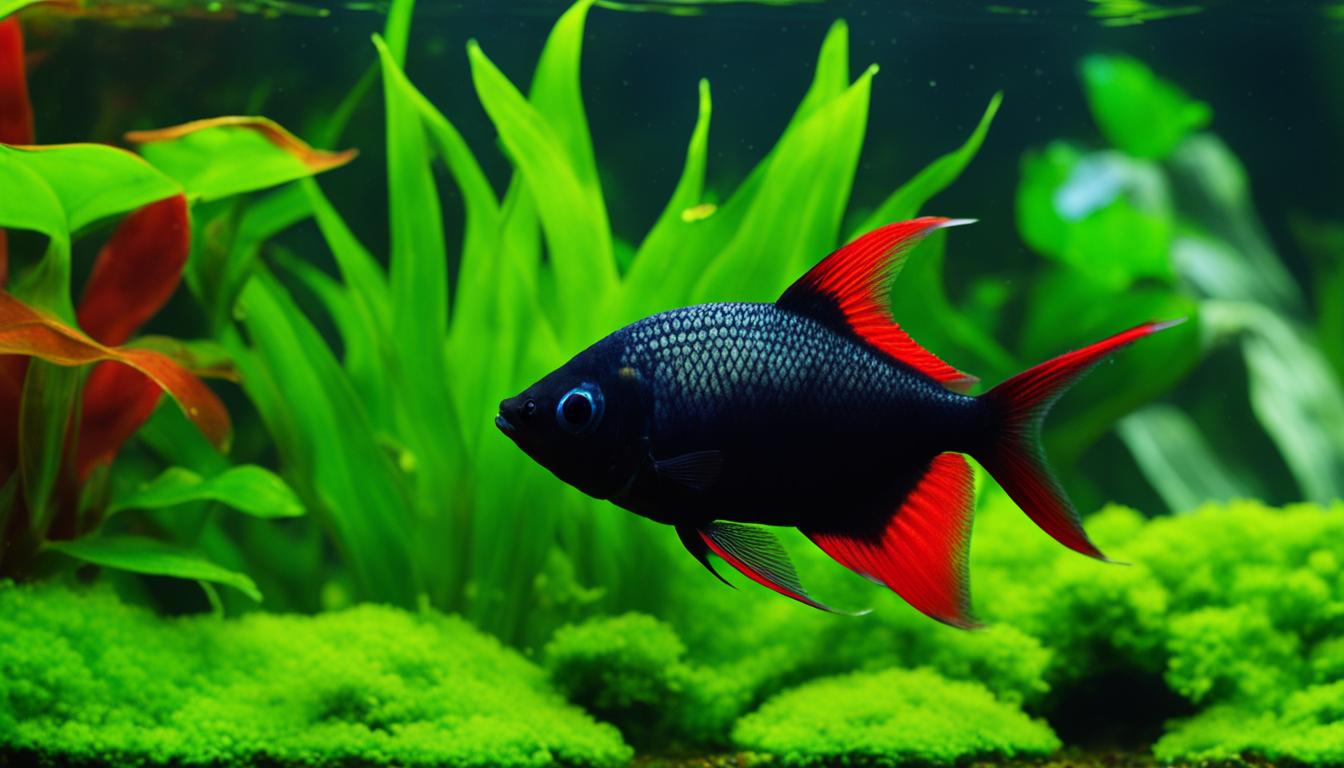Angelfish kissing can occur for two reasons: mating or fighting. When angelfish lock their lips, they are either preparing to mate or showing dominance in a fight.
This behavior can be difficult to distinguish, especially for inexperienced fishkeepers. Angelfish may also nudge each other, clean their chosen spawning site, and chase away other fish in preparation for mating. Kissing can also be a sign of aggression, with male angelfish locking lips as they spar and compete with each other.
Overall, angelfish kissing is a natural behavior that serves a specific purpose in their reproductive and social interactions.
Table of Contents
Understanding Angelfish Kissing
Angelfish kissing can indicate either mating or fighting behavior. During the mating process, angelfish lock lips before seeking a spawning site. However, they may also lock lips to establish dominance. Differentiating between the two can be challenging, especially for inexperienced fishkeepers.
Angelfish kissing is an intriguing behavior observed in the aquarium environment, but what does it actually mean? Let’s delve deeper into this fascinating phenomenon.
- What is angelfish kissing?
Angelfish kissing refers to the behavior exhibited by angelfish when they lock their lips together. This can occur for two primary reasons: mating or fighting. It’s important to distinguish between the two behaviors as they have contrasting implications.
- The significance of angelfish kissing in the aquarium environment:
- Mating behavior: When angelfish engage in lip-locking, it could mean that they are preparing to mate. This is often accompanied by other behaviors such as staying close together, nudging each other, chasing away other fish from the chosen spawning site, and cleaning the area for egg deposition. It is an integral part of their mating ritual.
- Dominance display: Angelfish may also lock their lips to establish dominance within the aquarium. This behavior is commonly observed when multiple angelfish coexist in the same tank. Through lip-locking, they communicate their hierarchical position and assert their dominance over other fish.
Distinguishing between mating and fighting can sometimes be challenging, especially for novice fishkeepers. It is important to closely observe their behavior and look for accompanying signs to better understand the context of their kissing.
Understanding angelfish kissing and its significance can deepen our appreciation for these captivating creatures. Whether it’s a display of love or a show of dominance, it adds an intriguing dimension to the aquarium environment.

Credit: www.ebay.com
The Mating Behavior Of Angelfish
When angelfish kiss, it can indicate either mating or aggression. The fish lock lips as part of their mating ritual before searching for a spawning site, but they can also do it to establish dominance. Distinguishing between the two behaviors can be challenging, especially for inexperienced fishkeepers.
Recognizing The Signs Of Mating In Angelfish:
- Angelfish lock their lips together as a part of their mating behavior.
- They do this right before looking for a spawning site.
- It can also be a way for them to show dominance.
- Distinguishing between mating and fighting can be difficult, especially for novice fishkeepers.
The Role Of Kissing In Angelfish Mating Rituals:
- Kissing is an important part of angelfish mating rituals.
- It is a behavior that angelfish use to establish their bond and prepare for spawning.
- Kissing helps angelfish recognize each other and form a strong pair bond.
- It can also be a way for them to communicate and show affection.
- Kissing helps angelfish synchronize their movements and prepare for the upcoming spawning process.
- This behavior is also observed during courtship, with the male and female angelfish engaging in frequent kissing to strengthen their bond.
- Overall, kissing plays a vital role in angelfish mating rituals and contributes to the success of reproduction.
Remember to keep an eye on your angelfish’s behavior to ensure they are not fighting but engaging in the mating process. Their body language and actions will indicate whether they are preparing for reproduction or displaying aggression. By understanding the signs, you can create a suitable environment and promote the reproductive success of your angelfish.
Aggression And Dominance In Angelfish
Angelfish kissing can be a sign of both aggression and dominance. Male angelfish may lock lips as they spar and compete for dominance, while they also do so during mating interactions before searching for a spawning site. Determining the purpose behind their kissing behavior can be challenging, especially for beginner fishkeepers.
Kissing As A Sign Of Aggression In Angelfish:
- Angelfish are known to engage in behaviors such as “kissing” as a sign of aggression towards each other.
- The act of kissing involves the fish locking their lips together and can be accompanied by flaring fins and aggressive behavior.
- Kissing is usually seen when two angelfish are competing for territory or establishing dominance in a tank.
- This behavior can occur between angelfish of the same sex or opposite sex.
- It’s important to monitor kissing behavior closely as it can escalate into more violent aggression and result in injuries to the fish.
How To Differentiate Between Mating Behavior And Aggression:
- Distinguishing between mating behavior and aggression in angelfish can be challenging, especially for beginners.
- Here are some ways to identify the differences:
- Context: Mating behavior is usually seen when a pair of angelfish are ready to spawn, while aggression can occur at any time.
- Body language: During mating, angelfish may stay close together, nudge each other, and clean a spawning area. Aggression is often accompanied by flaring fins and aggressive displays.
- Intensity: Mating behavior is usually milder compared to aggressive behavior. Aggression can involve chasing, biting, and more violent interactions.
- Duration: Mating behavior may be brief, while aggressive interactions can last longer and be more sustained.
- Observation: Monitor your angelfish closely to identify any consistent patterns of behavior that can help differentiate between mating and aggression.
Remember, it’s essential to provide adequate space and hiding spots in the tank to minimize aggression among angelfish. Regular monitoring and interaction with a knowledgeable fishkeeper can help ensure a peaceful and healthy environment for your angelfish.
Sources:
- [Fishkeeping World](https: //www.fishkeepingworld.com/faq/why-are-my-angelfish-kissing/)
- [Fish Tank Advisor](https: //fishtankadvisor.com/angelfish-eggs-fry/)
- [YouTube](https: //www.youtube.com)
Frequently Asked Questions Of Angelfish Kissing
Why Is My Angel Fish Kissing?
Your angelfish are kissing because they are either mating or fighting. Angelfish lock their lips as part of their mating interactions or to show dominance. It can be difficult to distinguish between the two behaviors, especially for novice fishkeepers.
How Do You Know When Angel Fish Are Mating?
Angelfish lock lips while mating or fighting, making it difficult to distinguish between the two behaviors.
Why Do Angelfish Nudge Each Other?
Angelfish nudge each other as a part of their mating interactions or to show dominance.
How Can You Tell If Your Angelfish Is Male Or Female?
Angelfish can kiss for mating or fighting. Locking lips is a signal of mating interactions and dominance.
Conclusion
In the fascinating world of angelfish behaviors, their kissing ritual is both intriguing and meaningful. Whether they are mating or fighting, angelfish lock their lips in an intimate display of connection. This behavior can often be mistaken for aggression, as males spar with each other to establish dominance.
It is essential for novice fishkeepers to understand the nuances of these interactions. Observing the physical and behavioral changes, such as staying close together, nudging each other, or cleaning the selected spawning site, can help determine whether the angelfish are preparing to mate or engaging in territorial disputes.
Remember, angelfish rarely kiss for any other reason. So, next time you witness these gentle lip locks among your angelfish, take a moment to appreciate the complexity and beauty of their interactions.

